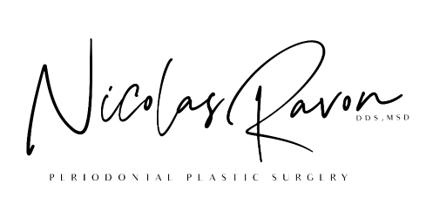Introduction
Caring for your gums and teeth isn’t just about having a nice smile. Proper periodontal care, which focuses on the health of your gums and the structures supporting your teeth, can significantly enhance your overall well-being. Let’s explore how maintaining periodontal health can transform your life.
Understanding Periodontal Disease
Periodontal disease, or gum disease, is an infection of the tissues that hold your teeth in place. It’s often caused by poor brushing and flossing habits that allow plaque to build up on the teeth and harden.
Symptoms of Periodontal Disease
Early signs of periodontal disease include red, swollen gums, bleeding while brushing or flossing, and persistent bad breath. Advanced symptoms can involve deep pockets between teeth and gums, loose teeth, and painful chewing.
Importance of Early Detection
Early detection of periodontal disease can save your teeth and reduce the need for more extensive treatments. Delaying treatment can lead to tooth loss and increased risk of other health issues like heart disease and diabetes.
How Periodontal Care Works
Professional cleanings and deep cleaning procedures such as scaling and root planing are essential. In severe cases, surgical options may be needed to restore gum and bone health.
Benefits of Regular Periodontal Care
Regular periodontal care prevents tooth loss, improves overall health, and boosts self-confidence. Healthy gums support your teeth, contributing to a stable and attractive smile.
Link Between Periodontal Health and General Health
Periodontal disease is linked to heart disease, diabetes, and respiratory conditions. Maintaining gum health can help reduce the risk of these systemic diseases.
Lifestyle Changes for Better Periodontal Health
Adopting a balanced diet, quitting smoking, and managing stress can significantly improve your periodontal health. These lifestyle changes support healthy gums and overall well-being.
Daily Oral Hygiene Practices
Proper brushing, daily flossing, and using mouthwash are crucial for maintaining periodontal health. These practices help remove plaque and prevent gum disease.
Choosing the Right Periodontist
Select a periodontist with good credentials and experience. Ask about their treatment approaches and success rates to ensure you receive the best care.
Innovative Treatments in Periodontal Care
Modern treatments include laser therapy, regenerative procedures, and antibiotic treatments. These innovative options can effectively treat and manage periodontal disease.
Common Myths About Periodontal Disease
Myths such as “bleeding gums are normal” can prevent proper care. Understanding the facts about periodontal disease helps you take proactive steps to maintain your oral health.
Cost of Periodontal Care
Check your dental insurance for coverage details. If uninsured, look for affordable care options like dental schools or payment plans offered by periodontists.
Conclusion
Periodontal care is essential for maintaining not just a healthy smile but also your overall health. Prioritizing your gum health can transform your life, preventing serious health issues and enhancing your quality of life.
FAQs
What is periodontal disease?
Periodontal disease is an infection of the gums and supporting structures of the teeth caused by plaque buildup.
How often should I visit a periodontist?
Visit a periodontist at least once a year, or more frequently if you have a history of gum disease.
Can periodontal disease be reversed?
Early-stage periodontal disease can be reversed with good oral hygiene and professional care. Advanced stages may require more intensive treatments.
Is periodontal care painful?
Periodontal treatments can cause some discomfort, but local anesthesia and pain relievers can minimize pain.
How much does periodontal treatment cost?
The cost varies depending on the severity of the disease and the treatments needed. Consult your periodontist for a detailed estimate and discuss insurance or payment options.


